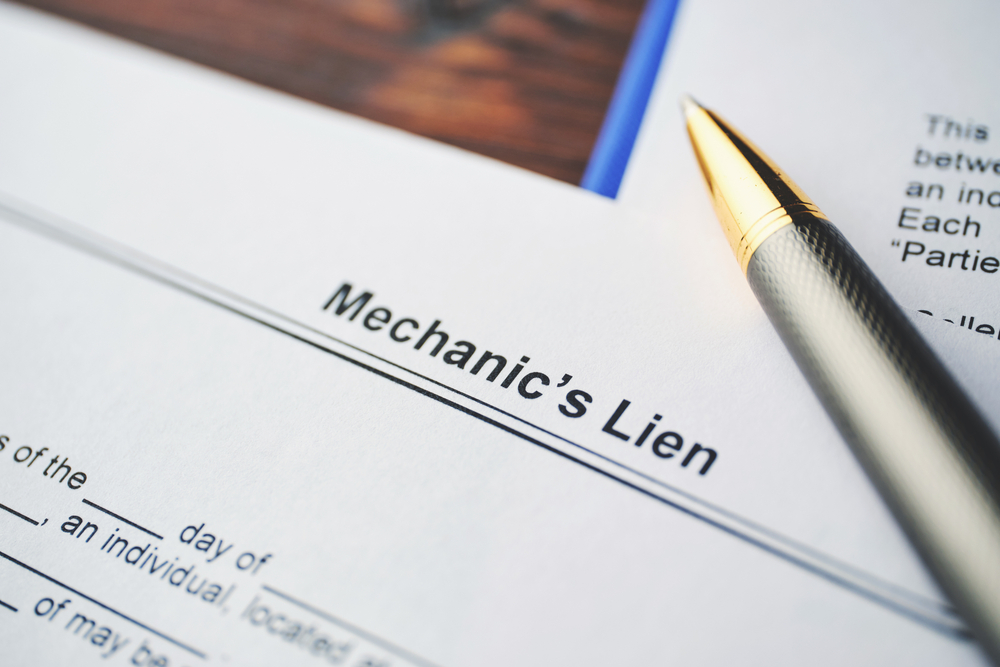Mechanic Liens: What You Need to Know

Numerous mechanics and contractors will regularly go unpaid after providing top-notch services, leaving most without a proper cash reserve to sustain their daily lives. If you have been caught up in such a scenario, there exists a feasible solution to your problem, allowing you to get compensated for your labor and any other services that you have provided. Mechanic liens will be the solution you need, with the following guide detailing what it encompasses.
Mechanics Liens
A mechanics lien refers to a legal claim filed for any unpaid construction work. Similar to a mortgage, it acts as a cloud on title and must be resolved before the conveyance or sale of the property or if the owner wishes to refinance its mortgage. This claim will usually disrupt the flow of funds for the home or property in question, pushing the property owners to settle any outstanding claims with immediate effect. Failure to resolve such a claim could impact multiple parties such as the lenders, general contractors, and the property or homeowners, resulting in the loss of reputation, a factor that most will often try to avoid.
Who Can File a Mechanics Lien?
According to an Illinois mechanics lien lawyer, parties who help permanently improve property can file mechanic liens. This means that if you are a material supplier, general contractor, laborer, or subcontractor, the law allows you to claim any unpaid work. Architects, design professionals, and equipment lessors also have a right to make a claim under Illinois law..
To note is that liens are available on private construction projects, allowing you to make a claim on commercial, residential, and industrial projects.
While a contractor cannot assert a lien against public property itself, parties involved in such projects can make a bond claim on any unpaid work as well as assert a lien claim against the funds that are due the general contractor by the public entity.
Steps Involved In a Mechanics Lien
Filing for mechanic liens will often require you to file various documents during your work, allowing you to get the best chance of getting paid. Attorneys suggest first ensuring that you protect your right to file a claim by utilizing the following steps.
Send the Preliminary Notice if you are a subcontractor or material supplier single family owner occupied project
A preliminary notice is a document that alerts the property owner, lender, and general contractor that you are working on a specific project. This protects your right to make a lien if you encounter future problems.
Send a Subcontractor’s Notice of Claim for Lien / Notice of Intent
A notice of intent or notice of lien claim is a document that informs the property owner and general contractor that the subcontractor or material supplier will file a mechanics lien if you are not paid. It encourages all parties involved to make the necessary payments to avoid a mechanic lien. Under Illinois law, a subcontractor must serve its notice within 90 days of its last date of work.
File a Mechanics Lien
The next step will be recording a mechanic lien at the office of the recorder of deeds in which the property is located. Under Illinois law, the contractor must record the lien within four months of its last date of work for it to be good against third parties. The lien can be recorded within 2 years but after 4 months, it will only be enforceable against the original owner.
Release or Enforce the Lien
The last step will be either releasing or enforcing the lien. If you receive your payment, you will be required to release the lien, failure to which could result in penalties. If, however, your lien is not satisfied, you can choose to pursue court action, with an Illinois construction attorney guiding you to the proper legal process.
How an Attorney Can Help
A Chicago mechanics lien lawyer will be a necessary addition to your legal team when filing mechanics liens, as they will generally provide counsel on the proper steps to take to help you receive the compensation you are owed. If you need help with any of the above, consider reaching out to Grzymala Law Offices, P.C. today.
